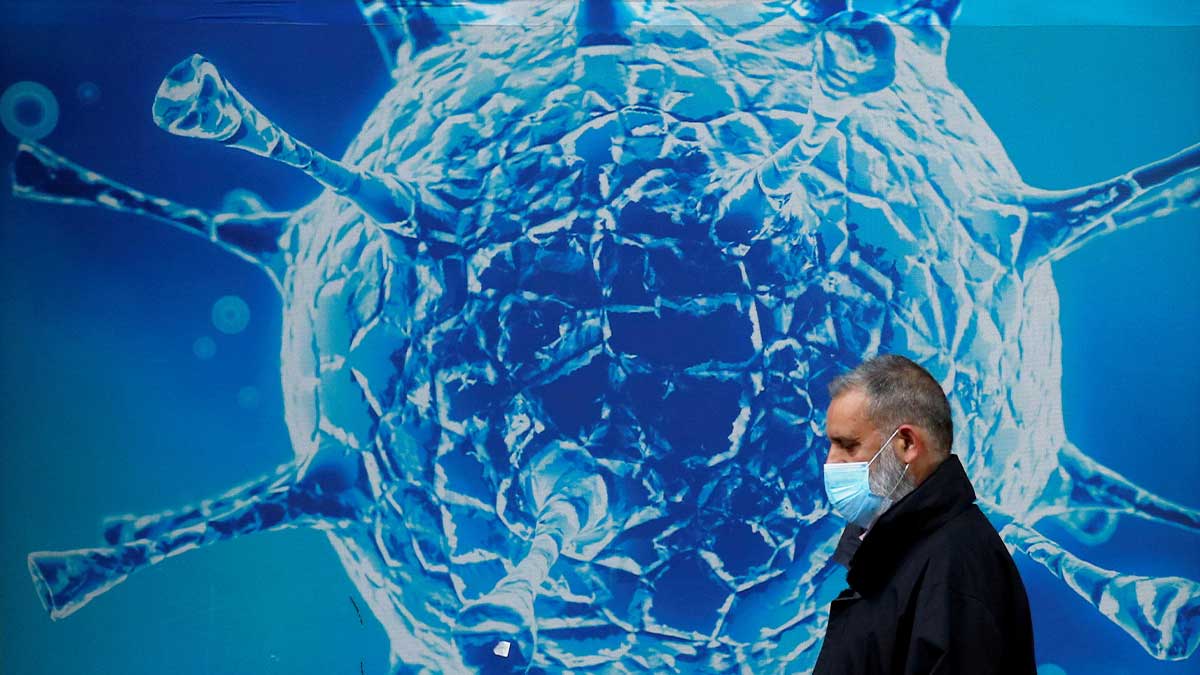National Command and Operation Centre (NCOC) has confirmed the presence of different variants of coronavirus in Pakistan, including the delta (Indian), beta (South African) and alpha (UK) variants.
According to NCOC, the confirmed presence of different variants of coronavirus were detected in May and June.
The NCOC further revealed that the National Institute of Health (NIH) had been monitoring the presence of different variants of coronavirus in Pakistan. This is done via whole-genome sequencing of Covid-19 patients’ samples.
“Samples collected in late May and the first half of June 2021 have shown the presence of different variants of concern, including the delta, beta and alpha variants. Of note, the data has been shared with the Field Epidemiology and Disease Surveillance Division of NIH for response activities such as quarantine and contact tracing, and with other relevant national stakeholders,” it said.
However, the NCOC stats revealed that 1,683 people tested positive for coronavirus after 50,531 tests were taken in the last 24 hours. The country’s positivity rate currently stands at 3.33%, with the number of daily cases gradually going up again. The active number of cases are 34,531.
The total number of deaths has reached 22,493, while the total number of cases figure stands at 967,633.
New wave is spreading more rapidly in Pakistan and cases are linked to the Alpha, Delta variants
Special Assistant to the Prime Minister Dr Faisal Sultan has warned that indications are showing that the situation has started worsening.
Read more: Health ministry issues guidelines for Eidul Azha to contain spread of COVID-19
“Covid data from last week show small but definitive uptick in cases, percentage positivity and other parameters. Masks, avoidance of large crowds and continued vaccination remain crucial tools in this work,” he tweeted.
Covid data from last week show small but definitive uptick in cases, percentage positivity and other parameters.
— Faisal Sultan (@fslsltn) July 5, 2021
Masks, avoidance of large crowds and continued vaccination remain crucial tools in this work





















